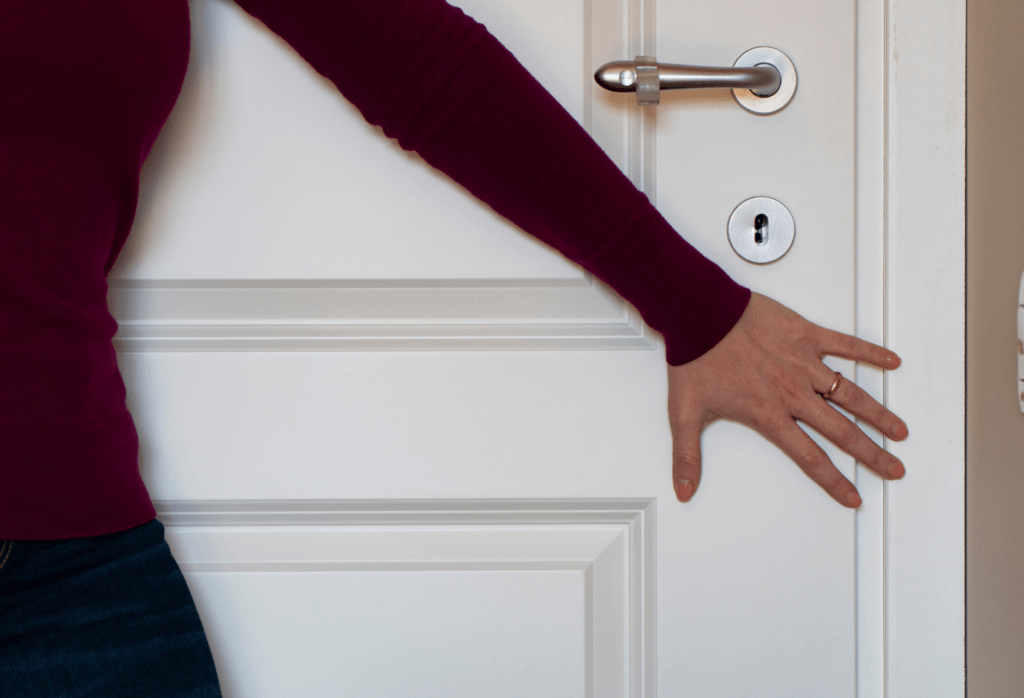Women going through financial difficulties brought on by the pandemic are up to three times more likely to be sexually or physically abused by their partners, a new report has found.
The report, completed by Australia’s National Research Organisation for Women’s Safety (Anrows) surveyed 10,000 women, 95 percent of whom had a male partner, between February and April last year, examining the connection between economic insecurity and intimate partner violence during the pandemic.
“Economic insecurity was associated with an increased likelihood of intimate partner violence among women, and co-occurred with other vulnerabilities reported by women which were associated with an increased likelihood of intimate partner violence,” the report stated.
The report’s two main authors, Anthony Morgan and Dr Hayley Boxall, from the Australian Institute of Criminology, found that female breadwinners were more likely to experience abuse, coinciding with previous studies which found the relationship between economic disparity and intimate partner violence “is a consequence of attitudes that support traditional gender norms and hegemonic masculinities”.
The report found that one in three women surveyed suffered at least one form of economic hardship (an “inability to pay for essential household expenses because of a shortage of money”) during the pandemic, pointing to previous research which showed women were more likely to lose their jobs or have unstable work arrangements throughout the pandemic.
Women who experienced higher levels of financial stress who had not experienced violence “were much more likely to have experienced physical and sexual violence or emotionally abusive, harassing and controlling behaviours relative to women who reported low levels of financial stress in the last 12 months”, the report stated.
“Women who were the main income earner in the relationship were more likely than women who were not the main income earner to have experienced physical violence, sexual violence and emotionally abusive, harassing and controlling behaviours.”
“Specifically, respondents who said that they could find $2,000 within a week in an emergency, but that their partner could not, were significantly more likely than respondents in relationships where neither partner could obtain the money to have experienced sexual violence and emotionally abusive, harassing and controlling behaviours,” the authors concluded.
Anrows’ chief executive officer, Padma Raman, told The Guardian that strategies to tackle “harmful attitudes supporting gender norms” and “dismantle systems that enable these problematic attitudes” are desperately required to improve women’s economic security, as well as reliable housing, income support, debt relief, micro-loans and access to affordable childcare.
Australian Institute of Criminology’s deputy director, Dr Rick Brown, believes that these latest results suggest that some abusers “may be using sexual violence as a way of exerting control over their partner that they feel they have lost or is being challenged in other areas”.
The authors explained in their report that women who are earning more can be seen as challenging “gender norms”, and their male partners can turn to abuse to “reaffirm their notion of themselves as masculine.”
“Men may use violence as a means of establishing control within their relationships, and mitigating any feelings of inadequacy they may have,” they stated.
When men had more earning power, their female partner’s financial dependence on them was an impediment for the women’s leaving, or asking for help.
The women’s safety minister, Anne Ruston, said there was a “strong focus” on women’s economic security in the federal government’s draft national plan to end violence against women and children.
“We understand that financial hardship can be a barrier to leaving violent relationships and the new escaping violence payment aims to provide direct financial support to victim-survivors when they make the incredibly brave decision to leave any form of intimate partner violence, including physical violence, coercive control and financial abuse,” she said.
Read the full report here.
If you or someone you know needs help or advice, call 1800 RESPECT (1800 737 732) or visit 1800RESPECT.org.au. If you need help immediately, please call 000.


